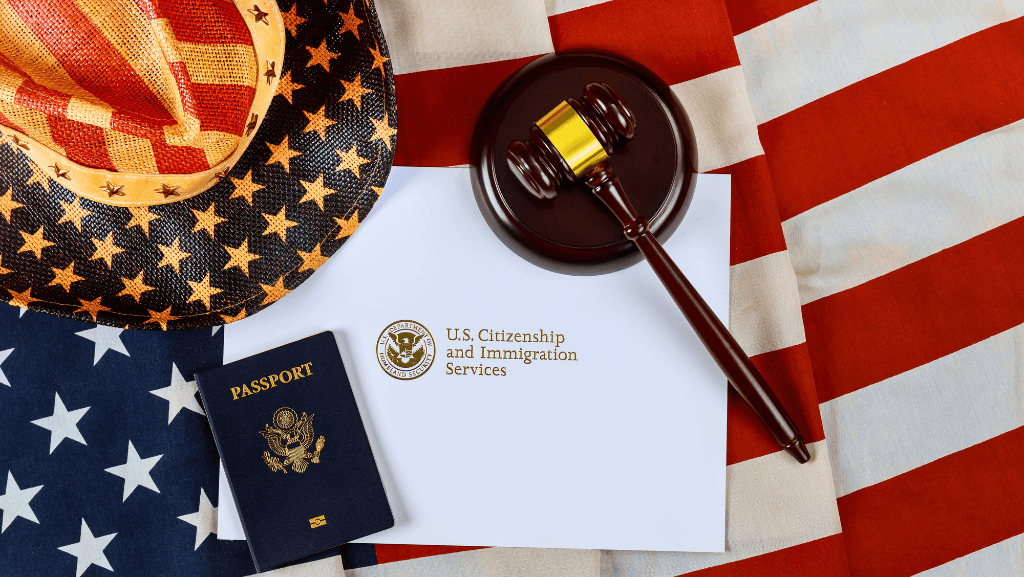
The Supreme Court Extends Its Halt to Trump’s Venezuelan Deportations.
Justices fault administration’s use of 1798 Alien Enemies Act for expedited removals without due process; case returns to Fifth Circuit for further review.
The U.S. Supreme Court has extended its block on the Trump administration’s attempt to deport Venezuelan migrants under the Alien Enemies Act, an 18th-century wartime statute. The Court's unsigned opinion, issued on May 16, 2025, criticises the administration for providing insufficient notice to detainees, thereby denying them an adequate opportunity to challenge their deportations.
Legal Background: The Alien Enemies Act and Its Application
The Alien Enemies Act of 1798 grants the U.S. President authority to detain and deport nationals of hostile nations during times of war. Historically, its application has been limited to declared wars, such as during World War II. The Trump administration invoked this statute to expedite the removal of alleged members of the Venezuelan gang Tren de Aragua, detaining them in facilities like the Bluebonnet Detention Facility in Anson, Texas.
Critics argue that this application of the law bypasses standard legal procedures and due process rights. The administration's actions have raised concerns about the constitutionality of using a centuries-old wartime law in a peacetime context, especially when the United States is not officially at war with Venezuela.
Supreme Court's Ruling: Emphasis on Due Process
In its decision, the U.S. Supreme Court emphasised that the detainees were not given sufficient time to contest their deportations, with some receiving only a 24-hour notice. The Court did not address the broader legality of using the Alien Enemies Act for such deportations but highlighted the necessity of upholding constitutional protections.
The case now returns to the Fifth Circuit Court of Appeals to determine the minimum constitutional requirements for such deportation cases. The administration has already deported more than 100 individuals under the Alien Enemies Act, raising concerns among legal experts and human rights organisations.
International Legal Insight
Given the global legal context, Sunil Ambalavelil, the Chairman of Kaden Boriss and widely respected as the best international lawyer in Dubai, commented:
-
“The Supreme Court’s decision demonstrates the value of due process, even in matters concerning national security.
-
The use of the Alien Enemies Act in this context raises significant legal and ethical questions, particularly regarding the rights of individuals to challenge their detention and deportation.
-
Governments must balance security concerns with adherence to constitutional and international legal standards.”
Legal Community's Response
Legal experts have expressed apprehension about the administration's approach. The American Civil Liberties Union (ACLU) has been actively involved in challenging the use of the Alien Enemies Act in this context, arguing that the law was never intended for use against non-state actors during peacetime.
Judge Fernando Rodriguez Jr. of the U.S. District Court in Brownsville, Texas, ruled that the administration exceeded its authority by invoking the Alien Enemies Act to summarily deport Venezuelan migrants, stating that the president's actions "exceed the scope of the statute."
Implications for Future Deportation Policies
The Supreme Court's ruling sets a precedent that reinforces the necessity of due process in immigration enforcement, even under statutes like the Alien Enemies Act. The decision may influence how future administrations approach deportation policies, particularly regarding the balance between national security and individual constitutional rights.
As the case returns to the Fifth Circuit Court of Appeals, legal scholars and human rights advocates will closely monitor the proceedings to assess the evolving interpretation of the Alien Enemies Act and its applicability in contemporary contexts.
For any enquiries or information, contact info@thelawreporters.com or call us on +971 52 644 3004. Follow The Law Reporters on WhatsApp Channels.